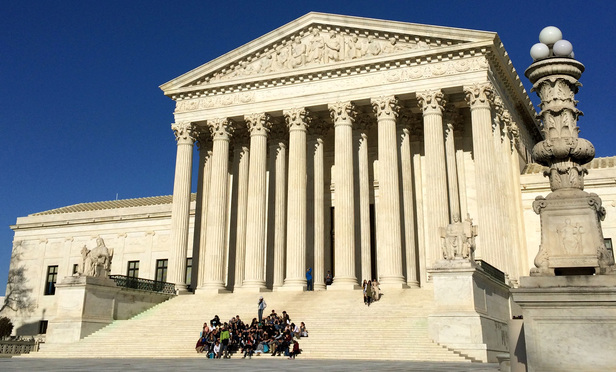Many American employees also are awaiting the Supreme Court’s decision in the trio of mandatory arbitration cases described by Marcia Coyle (“Companies Await Supreme Court Ruling on Work-place Class Action Bans,” NYLJ, March 17). The reason is that if they cannot take advantage of class or collective actions, employees may well forego the right to pursue their claims. And, they are more likely to be unsuccessful if they decide to present their claims individually.
American arbitration is at a serious crossroad. Its many positive attributes (and many outstanding arbitrators) are rightfully being re-evaluated against some significant shortcomings, which may include collective action bans, secrecy, incorrect legal analyses, conflicts of interest, and perfunctory judicial review. The Supreme Court’s dramatic recent expansion of the scope of the Federal Arbitration Act (beyond its modest purpose and scope) and its legitimization of collective action bans combined with mandatory arbitration, are having the unintended, undesirable consequence of eroding litigation.



